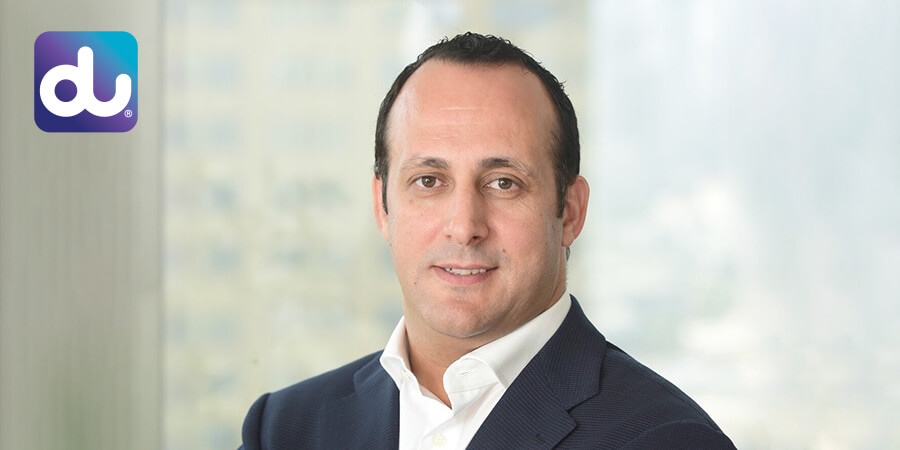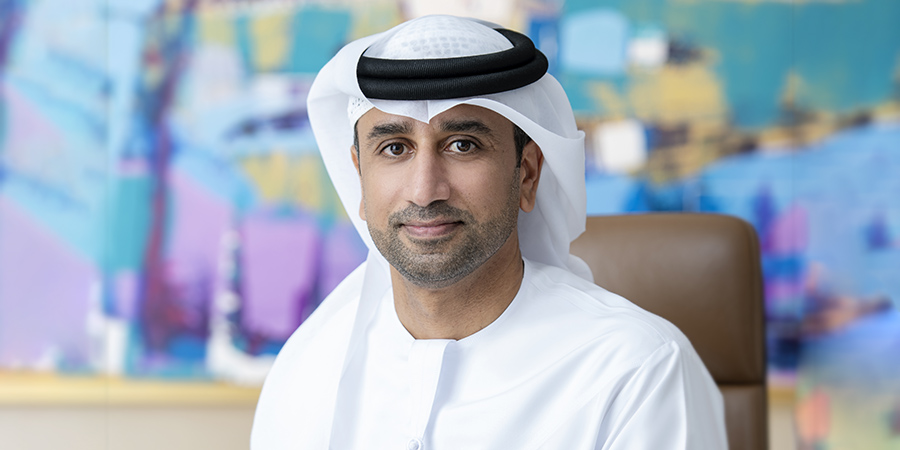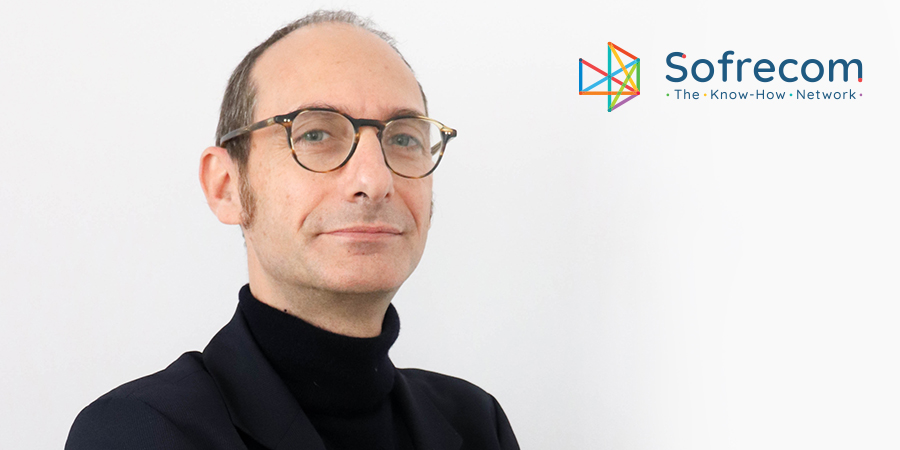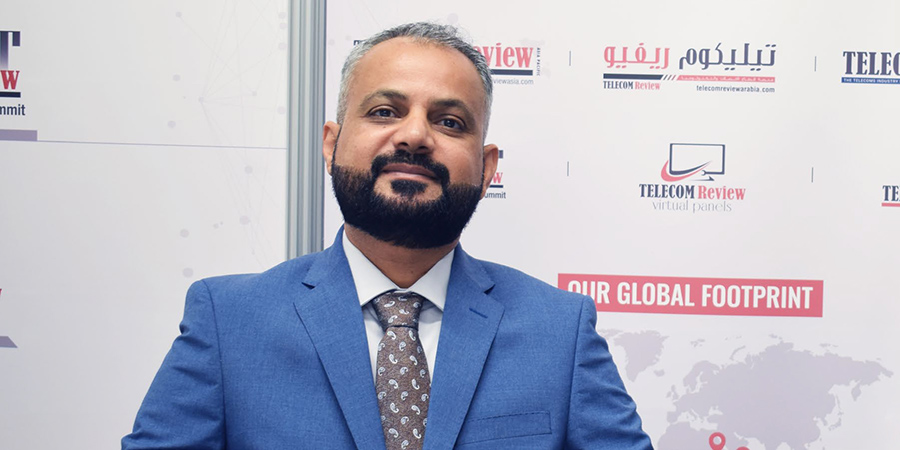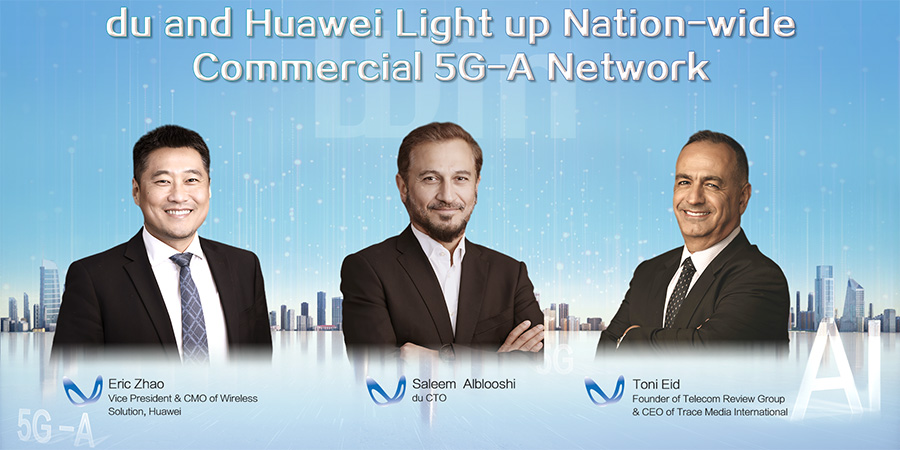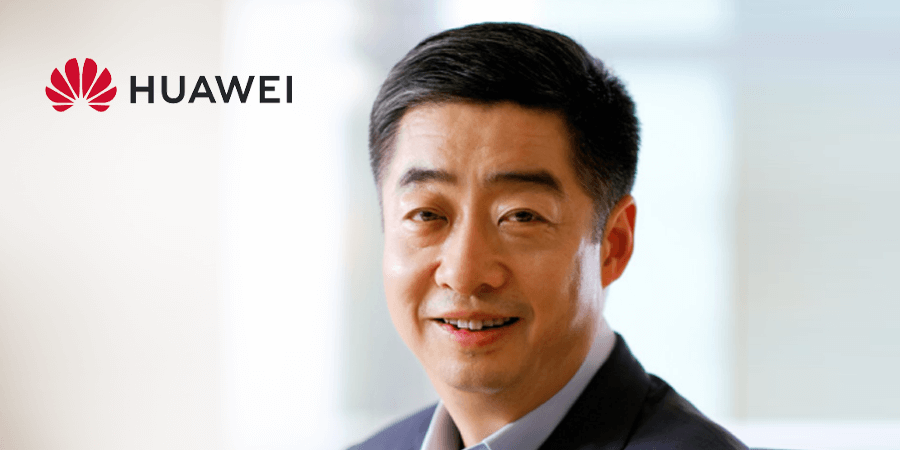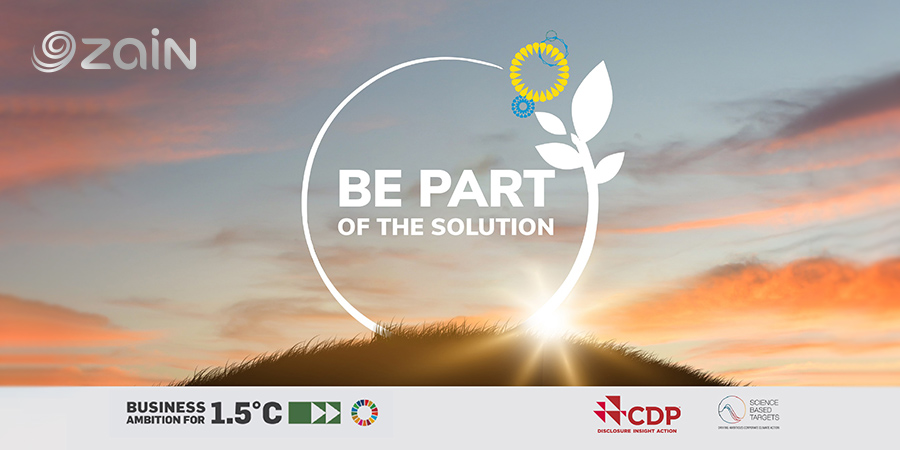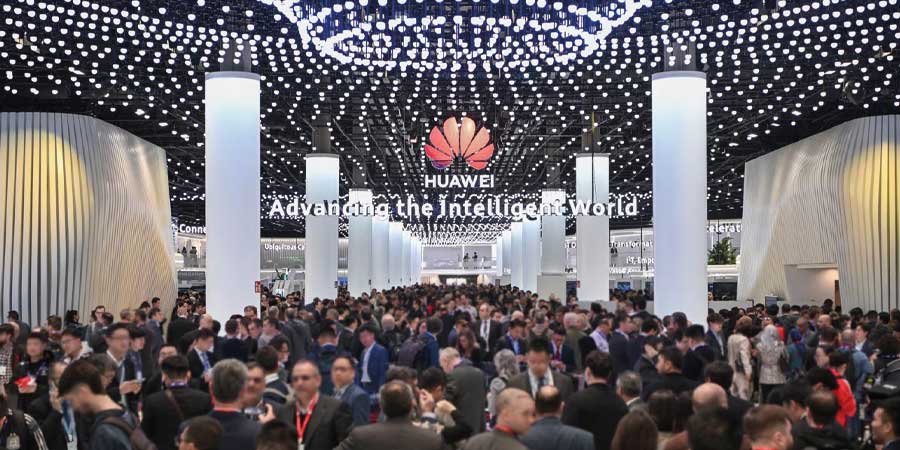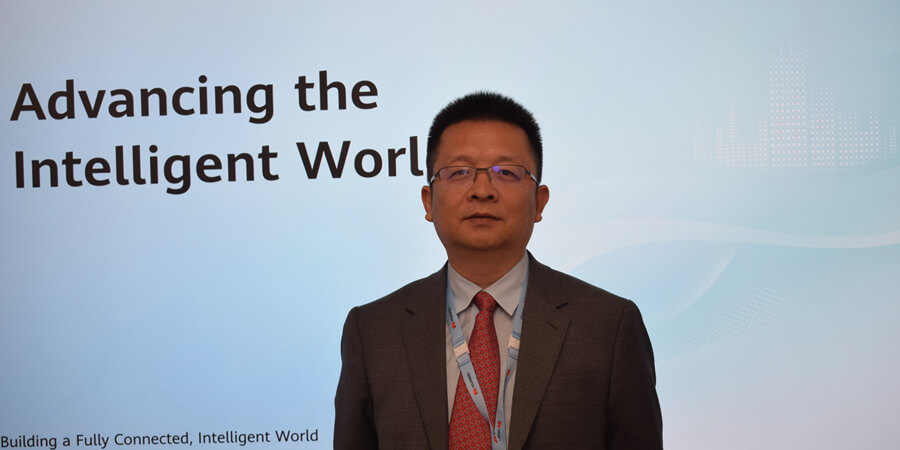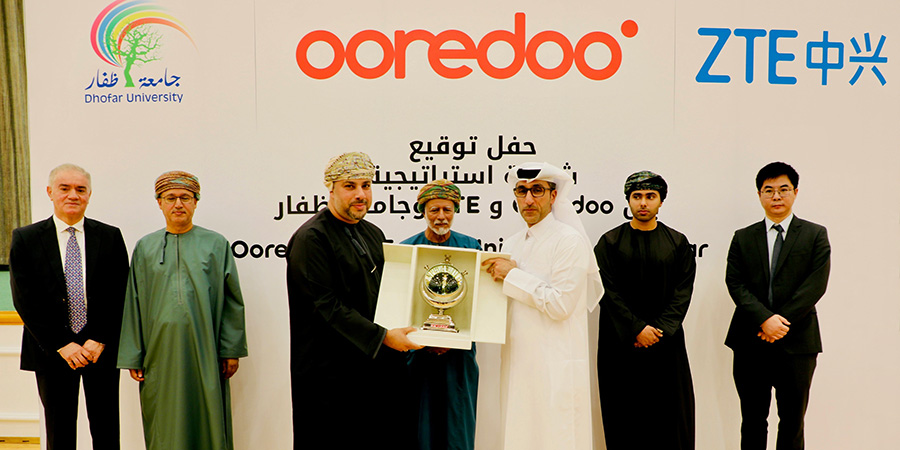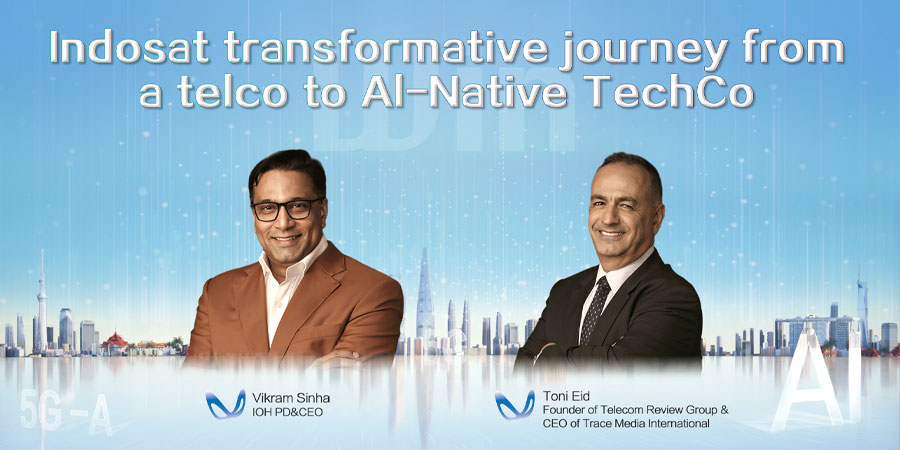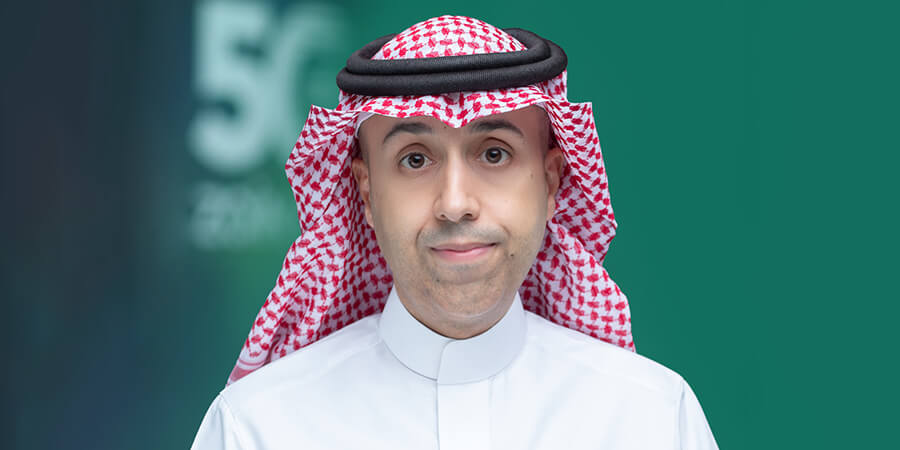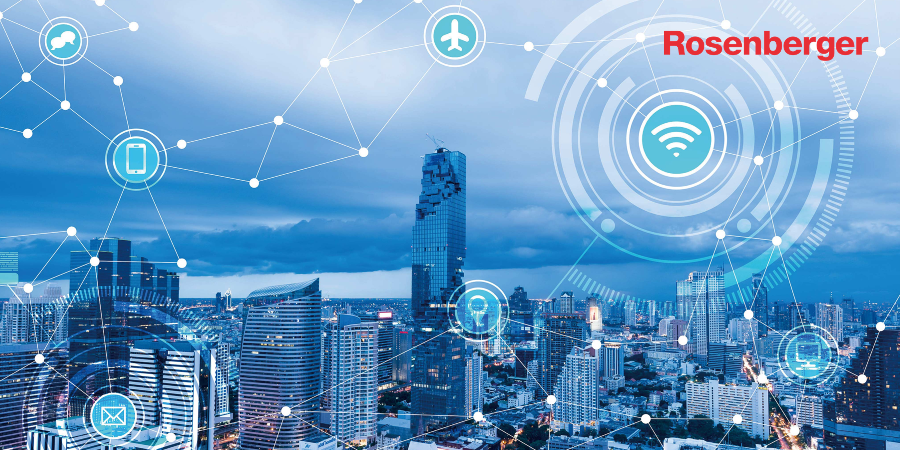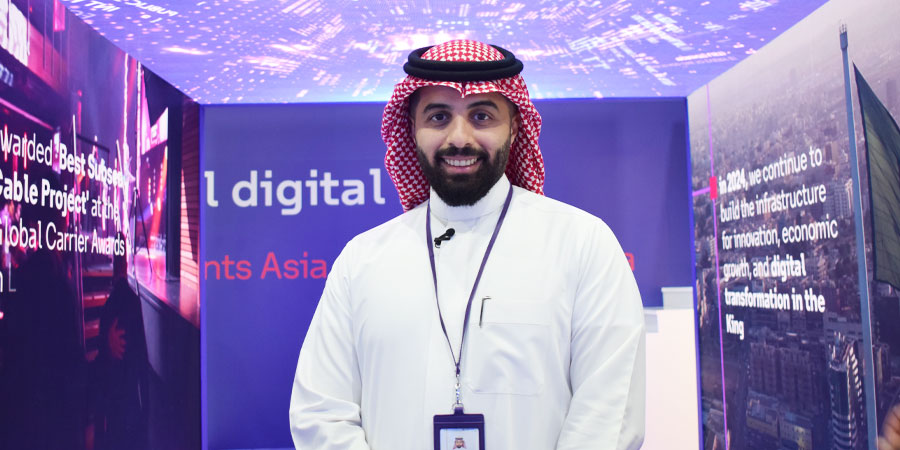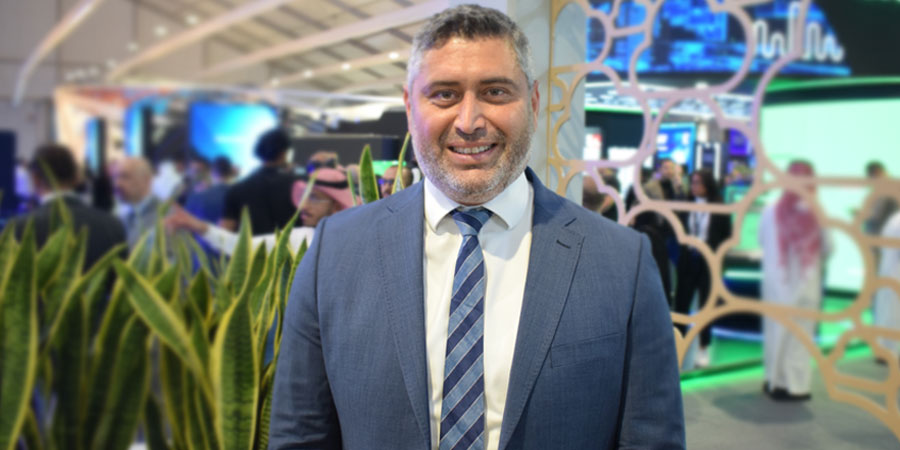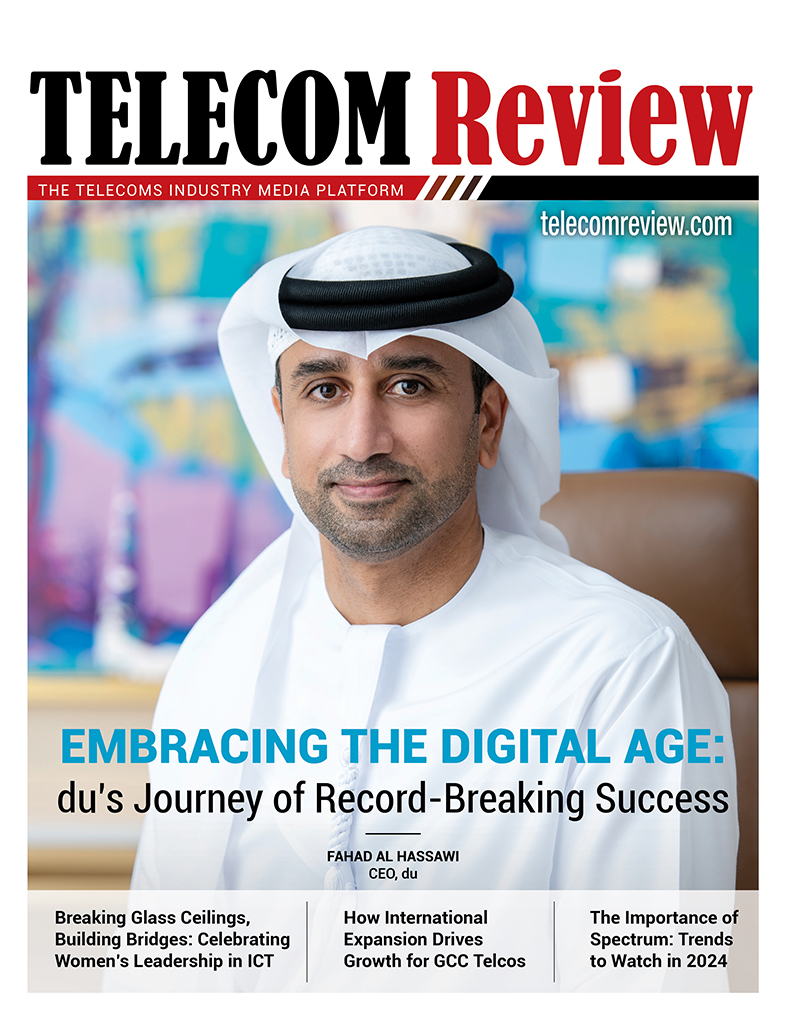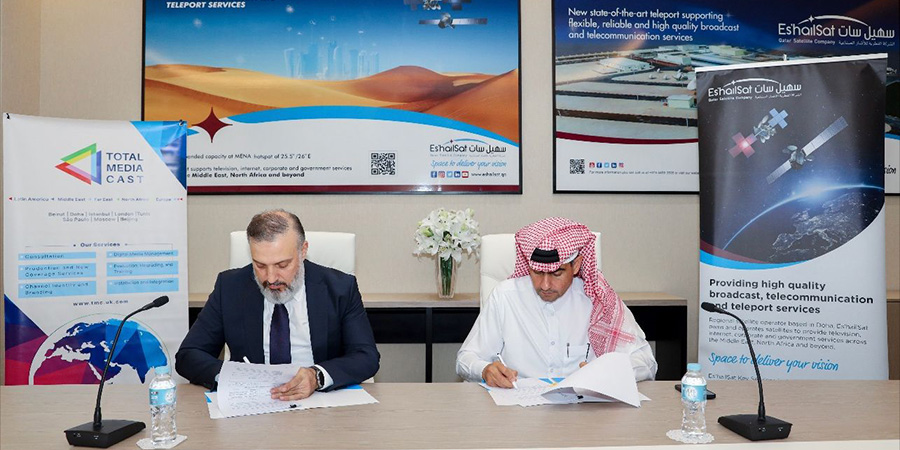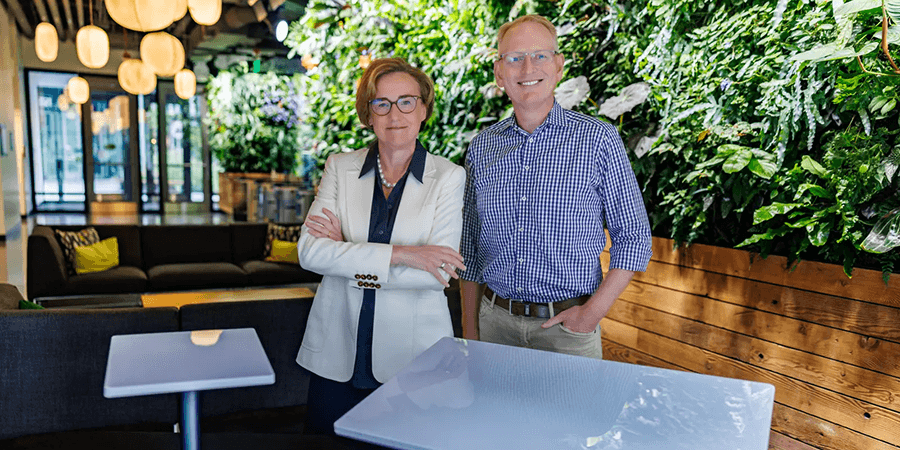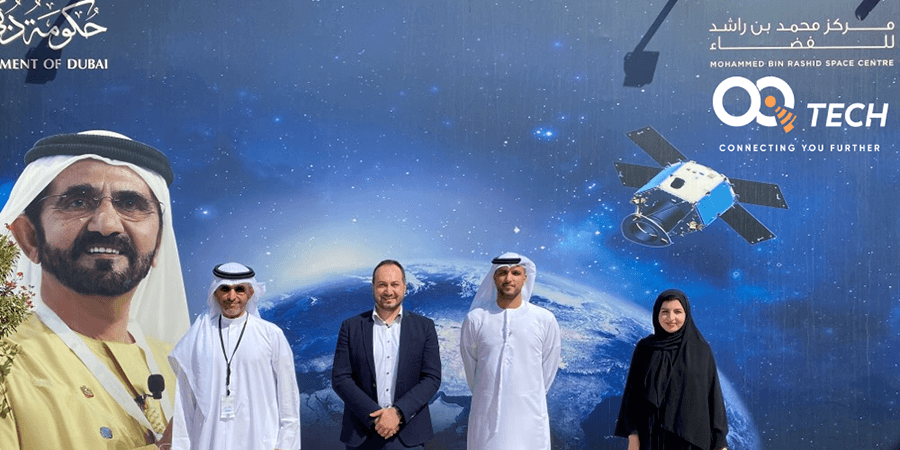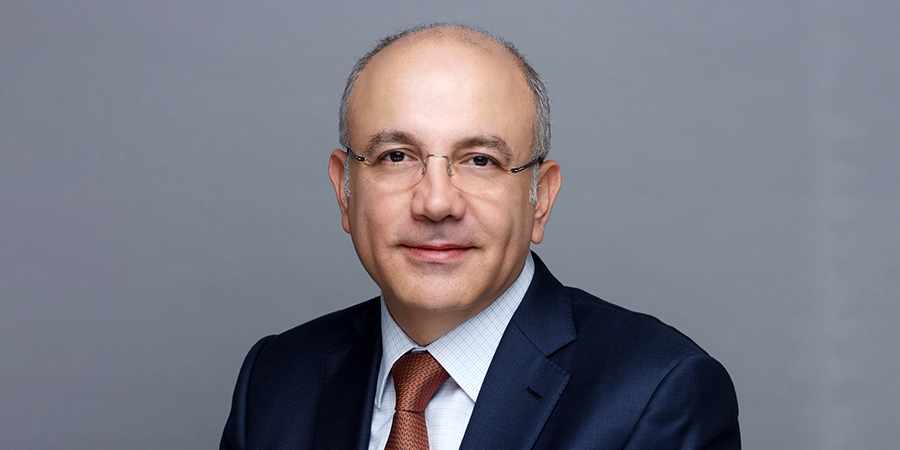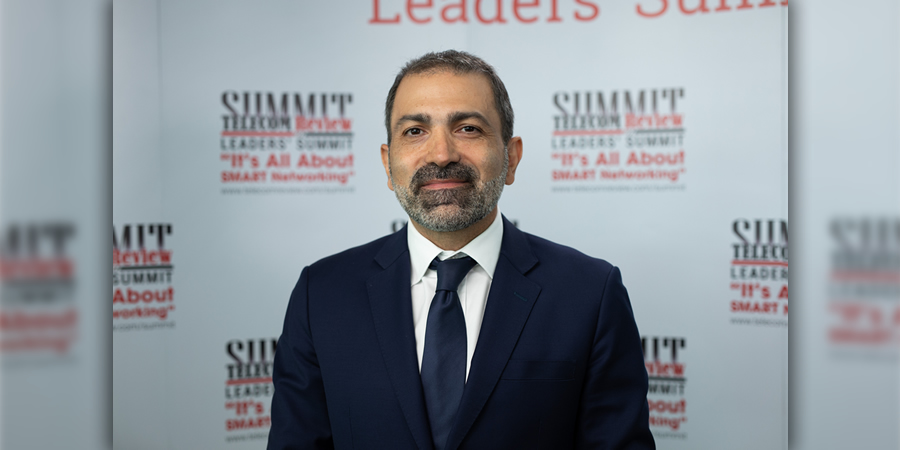In the months since the COVID-19 outbreak, communications providers have found themselves at the heart of a fast-changing world. Communications and connectivity are in great demand as entire populations are staying at home and digital infrastructure is becoming increasingly essential for human interaction. Supporting this dramatic change has not been easy, but operators have shown themselves to be agile and resilient.
At Telecom Review Leaders’ Summit, held at the Meydan Hotel in Dubai, key industry leaders gathered together physically and virtually to predict the future of the industry. As telco leaders look forward to a post-COVID-19 world, they must look beyond safeguarding their employees and maintaining business continuity, and convert their positive actions into a revitalized strategy for the future.
After the panel discussion, Telecom Review caught up with Elias Saab, Chief Commercial Officer at Sofrecom and moderator of the session, who says that COVID-19 has highlighted the social responsibility of the telecom industry and the importance of moving from digital-first to human-centric strategies.
Congratulations on your appointment as Chief Commercial Officer of Sofrecom. How are you settling into your new positon during these challenging times?
Indeed it has been very challenging. I am working with teams in France, the Middle East, Africa, and Asia, so we all had to adapt to the COVID-19 situation together. Like many others, we had to organize frequent video-conference calls and continue to communicate virtually.
We had to accelerate our digital transformation within the company between managing people remotely and working together through video conference. But everyone has shown that they can still be productive from their homes. I have to say we are managing quite well. I think we are trying to take the positive out of the unprecedented situation we all find ourselves in.
I’m sure this will lead us to reconsider our way of management globally and even the way of addressing end customers. It will be interesting to see how COVID-19 will shape the industry but also the way of doing business. One thing is for sure: The future needs to be human-centric and inclusive, and telcos must accept their responsibility in facilitating this.
You spoke in detail about this in the Telecom Leaders’ Panel you moderated. The key takeaway from the discussion is that telcos have now adopted a social responsibility for their customers and the wider audience. It isn’t simply about operators enabling connectivity and digital technologies anymore. Can you explain this briefly?
Telcos have shown that they are at the center of social inclusiveness globally. They are responsible for delivering unparalleled services to their customers; for example, they are responsible for providing fiber-optic connection to schools and therefore they are helping provide children’s education.
During COVID-19, this responsibility expanded throughout all of society. Most people have been working from home so it was very important to benefit from a resilient network. In the future, it should continue to be at the heart of their strategies to be an industry that people can rely on. We need to enable digital transformation keeping humans at the forefront of our minds.
COVID-19 has reshaped the telecom industry. It is the social responsibility of every company and industry to keep people at the heart of their strategy and to never sacrifice people for the sake of productivity or return.






